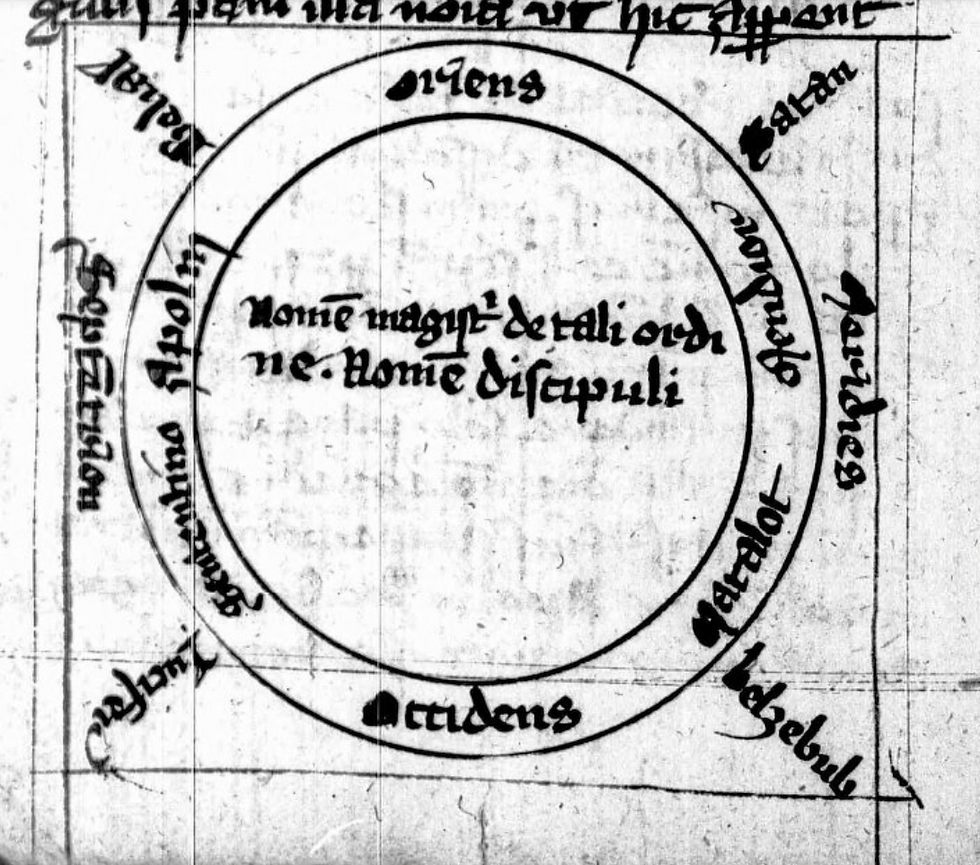Fafnir and Viking Dragon Lore
- James Burdine
- Jul 27, 2022
- 3 min read
We are looking into Fafnir the dragon this episode, one of the oldest in myth! How will different tales compare? And what of his likely death? Read to discover!

In this episode, Mac and Zoe read through several iterations of Fafnir's laying throughout different versions in history.
Following the Ballad of Regin, the Lay of Fafnir begins. Unfortunately Sigurd is also called Sigurth in this tale. This is not resolved internally. Sigurth and Regin find Fafnir's tracks! Sigurth lies in wait and successfully drives his sword through Fafnir's heart.
As Fafnir thrashes and goes into his dying breaths, he quizzes Sigurd of his origins. Upon learning his name and lineage, Fafnir then curses Sigurth. Truly, a stunningly poor conversational slip from Sigurth.
They then also debate who should own the screaming helmet: a dying dragon, or the person that just stabbed the dragon? The result may shock you, but Sigurth got the helmet. Fafnir, as he dies, explains that Regin betrayed him, and will betray Sigurth as well.
Sigurth cleans his sword, which Regin crafted, and begins cooking the dragon heart. After drinking a small part of the dragon's blood, several birds of a disputed species warn Sigurth of Regin's intent to betray him. Upon this, he slays Regin and consumes both brothers.
Then Sigurth goes and finds the gold, and the helmet, and loads his noble horse heavy. He then rides it off. A successful adventuring indeed!
In the Volsunga Saga, it explains more of the brothers' origins: the family of Fafnir, Otir, and Regin. It details how Otir their brother was slain by Loki in a prank, and as recompence a hoard was supplied to the father.
Fafnir then kills the father, as one might, and hoards the gold. He then transforms from a normal man into the dragon he is known as in his stories. Most of the duel between Sigurd and Fafnir plays the same way as the earlier iteration, with some additional loot and brief advice from Odin.
Several articles are then discussed concerning Fafnir's transformation:
Paul Acker's "Death by Dragons" discusses several accounts of killings performed by dragons. While Fafnir does not explicitly kill in either telling, he is still known as a terror in the nearby parts.
"The Hoard Makes The Dragon" by Santiago Berreiro also notes parrallels between Beowulf's nameless beast to Fafnir, in it's fame.
Lastly, "Changing Styles of Dragons, From Fafnir to Smaug" goes through a timelines of dragons in myths and legends, including Saint George and others among the ranks of Sigurd and Fafnir's tale.
Thanks for joining us in this week's episode of The Maniculum Podcast. Looking for more? Check out our Master List series for the full collection of segments at the end of our show, and for more gaming and world building ideas, check out The Gaming Table section of our blog, Marginalia!
Searching for our sources? Read Volsunga Saga here, and check out our Library for more! Additional references for interested scholars:
Acker, Paul. “Death by Dragons.” Viking and Medieval Scandinavia, vol. 8, 2012, pp. 1–21. Link. - https://www.jstor.org/stable/45020180
Barreiro, Santiago, and Luciana Cordo Russo, editors. Shapeshifters in Medieval North Atlantic Literature. Amsterdam University Press, 2019. Link. - https://www.jstor.org/stable/j.ctvcmxppn
Stein, Ruth M. “The Changing Styles in Dragons—from Fáfnir to Smaug.” Elementary English, vol. 45, no. 2, 1968, pp. 179–89. Link. - https://www.jstor.org/stable/41386292
We do our best to accurately research, source, and cite the works we use, and make them available to you, too! Each episode has a corresponding blog post which includes further breakdowns of the big ideas in each text as well as cites our sources and references. We also have the Maniculum Library, which actively collects resources and recommendations for writers, scholars, and geeks alike! We update our collection of Master Lists after each new episode, so be sure subscribe and stay updated!
Are we missing something? Let us know! We'd love to add more knowledge to our ever-growing compendium. Chat with us on Twitter, Instagram, and Facebook.
Thanks for checking us out! If you like our content, please share it! If you want to support us, rate and review on iTunes, find us on Patreon, or buy us a coffee so we can keep making content you love. You can also find some cool merch to rep your love for medievalism and support us here!




Comments